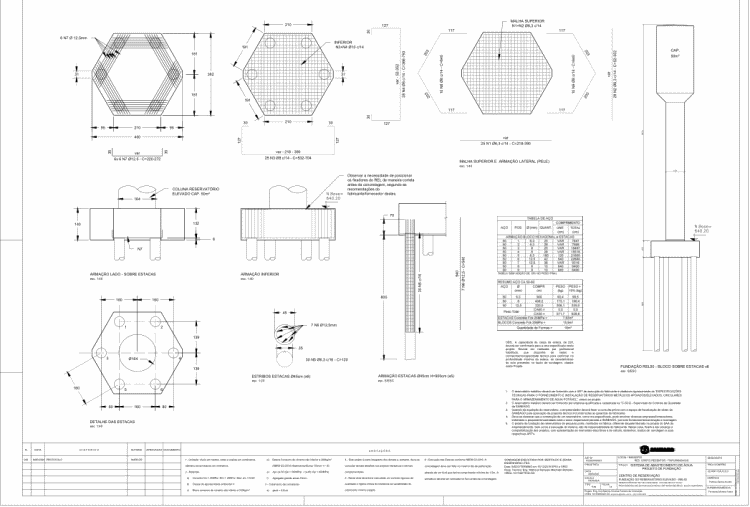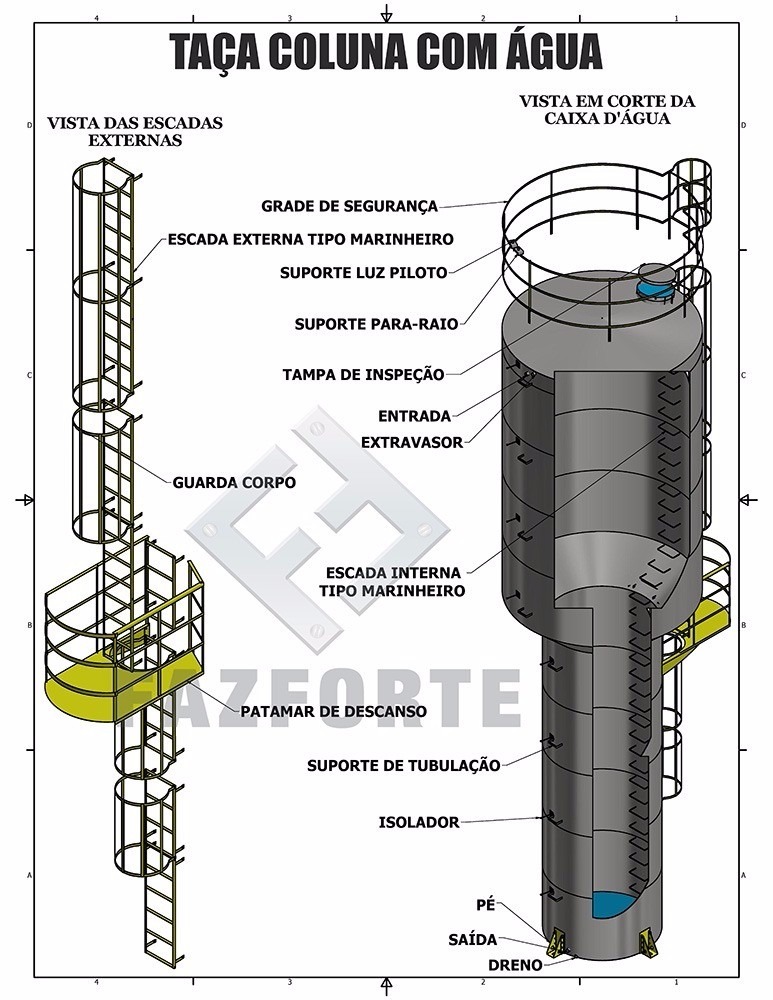When it comes to efficient liquid storage, a tubular metal reservoir stands out as a durable and versatile option. Known for its strength and efficiency, this type of reservoir can be used across a wide range of applications, including industrial, agricultural, and residential settings.

Through this article, we’ll explore the key benefits, features, and uses of tubular metal storage tanks. Whether it’s for storing liquids or managing resources effectively, this comprehensive overview will guide you through the decision-making process.
What Is a Tubular Metal Reservoir?
A tubular metal reservoir is a cylindrical storage system, constructed for durability and efficiency. Typically made from materials like stainless steel, galvanized steel, or aluminum, these reservoirs are built to withstand harsh environments.

Thanks to its tubular shape, this reservoir ensures structural stability, making it an excellent choice for large volumes of liquids. The ability to adapt sizes and specifications make it highly versatile.
Key Features of Tubular Metal Reservoirs
These tanks offer several advantages that set them apart from other types of reservoirs. Here’s a breakdown of their benefits:
- Durable Construction: Crafted from materials like stainless or galvanized steel, these reservoirs withstand extreme conditions.
- Compact Design: This design optimizes storage capacity, making it practical for limited areas.
- Versatility: Perfect for storing water, chemicals, or fuels, these reservoirs can serve a variety of purposes.
- Corrosion Resistance: With protective coatings, these tanks are highly durable, even in harsh environments.
- Customizability: Can be tailored to meet specific requirements, allowing for optimal performance in any scenario.
How to Choose the Right Tubular Metal Reservoir
Choosing the ideal metal tank depends on your specific requirements. Consider the following factors:
- Storage Volume: Determine the volume you need to store. Larger tanks are ideal for industrial use, while compact models are great for homes or small businesses.
- Material: Select the metal based on the type of liquid and environment. Steel is durable and rust-resistant, while aluminum offers lightweight durability.
- Installation Location: Think about where the tank will be installed. Surface tanks are straightforward to set up, while underground options save space and are discreet.
- Protective Coatings: Look for weatherproof and chemical-resistant layers to enhance durability in extreme conditions.
- Budget: Set a budget that balances upfront costs with durability. Investing in durable materials reduces replacement expenses.
Tips for Longevity and Performance
Proper maintenance is crucial to ensure the tank remains in optimal condition. Here are key practices to follow:
- Keeping the Interior Clean: Regularly clean the inside of the tank to maintain water quality.
- Monitor the Tank’s Condition: Conduct regular inspections for any signs of wear, and address issues immediately.
- Protective Coatings: Ensure protective layers remain intact to extend the reservoir’s durability.
- Prepare for Environmental Factors: Protect the tank from extreme temperatures and weather to avoid damage.
Applications of Tubular Metal Reservoirs

These reservoirs are widely used due to their versatility and durability. Common applications include:
- caixa d água cilindrica vertical
- Farming Use: Used for water storage in agricultural operations.
- Industrial: Designed to handle industrial-grade storage needs.
- reservatorio metalico de água
- Public Works: Essential for municipal water management.
- reservatório tipo taça 10000 litros
- Residential: Great for rainwater harvesting or emergency water storage.
Is a Tubular Metal Reservoir Right for You?
In conclusion, a tubular metal reservoir is an excellent choice for liquid storage needs. Combining strength with adaptability, make it a worthwhile investment.
From small-scale projects to large operations, a tubular metal reservoir provides unmatched reliability and efficiency. Start exploring your options today!
Comments on “The Ultimate Guide to Australian Drinking Fountains”